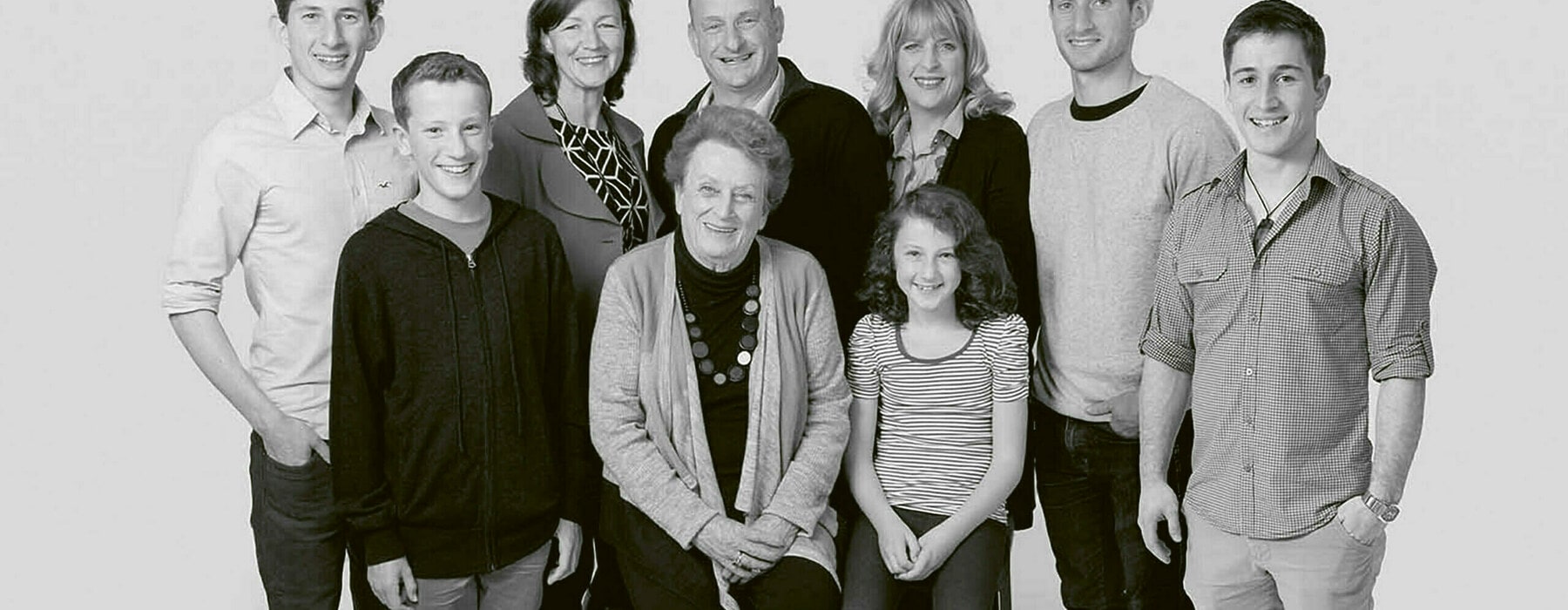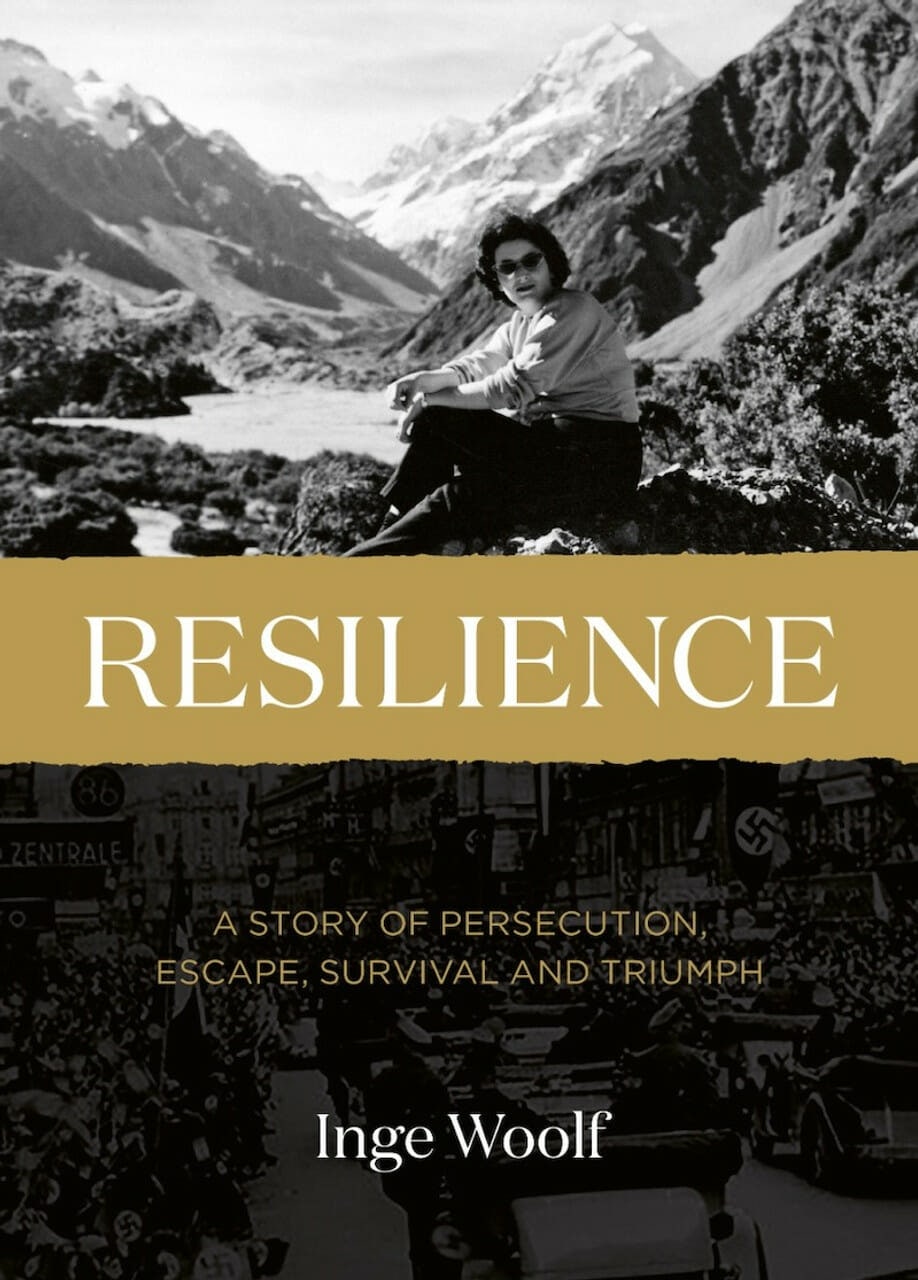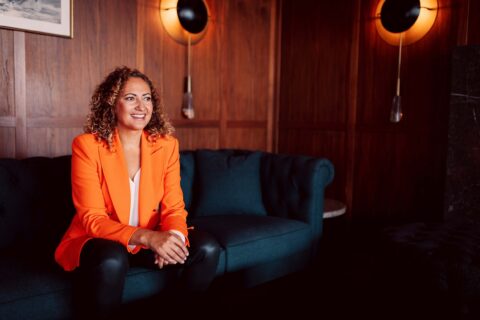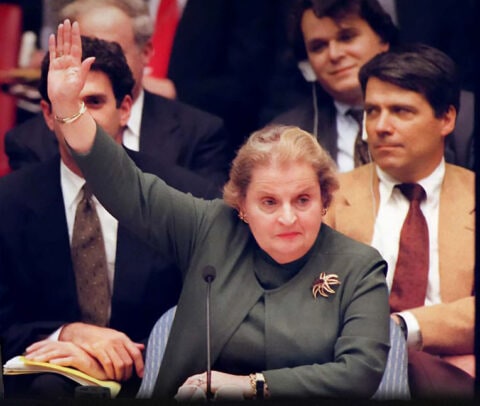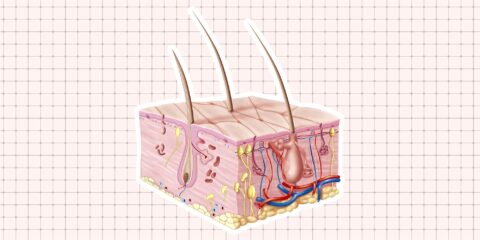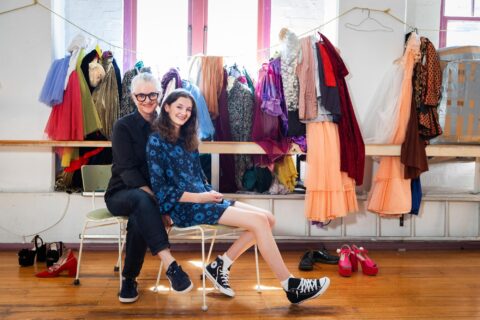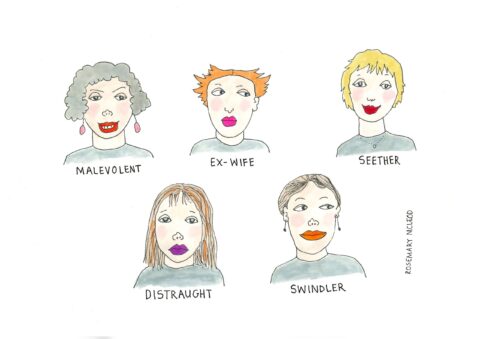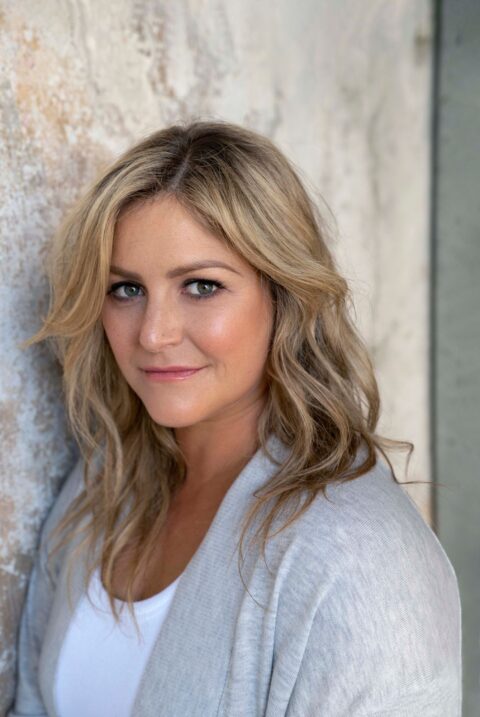Getting to know your mother can take a lifetime but for lawyer turned consultant Deb Hart who completed her mother’s memoir after a diagnosis of terminal cancer it has meant a lifetime and then some. Inge Woolf had begun writing her extraordinary life story when a terminal diagnosis meant she ran out of time and her daughter Deb stepped up to finish it.
Resilience: A Story of Persecution, Escape, Survival and Triumph by Inge Woolf is a riveting story of a life begun in the shadow of Nazi Germany and ending on the other side of the world in Aotearoa. On the eve of publication we caught up with Inge Woolf’s daughter Deb Hart about the remarkable journey she’s been on.
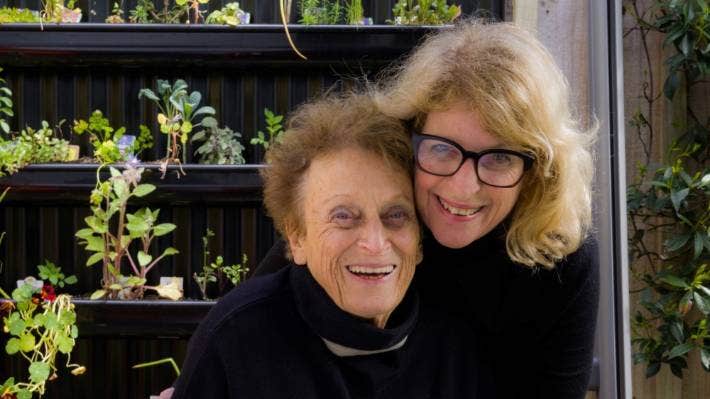
What were your hopes for the book as you worked through completing the manuscript for your mother? And what hurdles did you face during this process?
At first I just hoped to finish the book!
After I had offered to complete the book for my mother, who was dying, I had to fulfil my promise to her. I had no idea of the work to get the book published as a quality book.
I actually started working on the project as a photo essay, but I soon realised that the words had to come first as there was so much that needed to be said.
The main hurdle to begin with was ensuring I had all the information and Mum’s slant on the text before she died. So I gathered together the book plan Mum had created, all the different versions of the manuscript she had written, together with the source materials – documents and photos. I then identified the gaps and worked with Mum, interviewing her to fill in the gaps. I was working, looking after Mum and writing as fast as I could before she died so she could see as much of the manuscript as possible. But we just ran out of time.
I soon realised I was out of my depth as I had never written a book before. I was incredibly lucky to have editor David Zwartz and historian Associate Professor Giacomo Lichtner from almost the start of my taking on the project. And then we were joined by the editor of Auckland City Art Gallery, Clare McIntosh who ensured the quality of the project, Peter Deutschle who worked on all the photos to ready them for publication and designer Katrina Duncan. Plus I had family and friends cheering on the project. It was a great team of people.
Another challenge was to ensure that the book was in Mum’s voice, not my own as it is her book. There is an interview I had with her and she tells me firmly that something I thought should be said was my opinion, not hers! After she died, I had to take great care to ensure the book remained Mum’s and her voice.
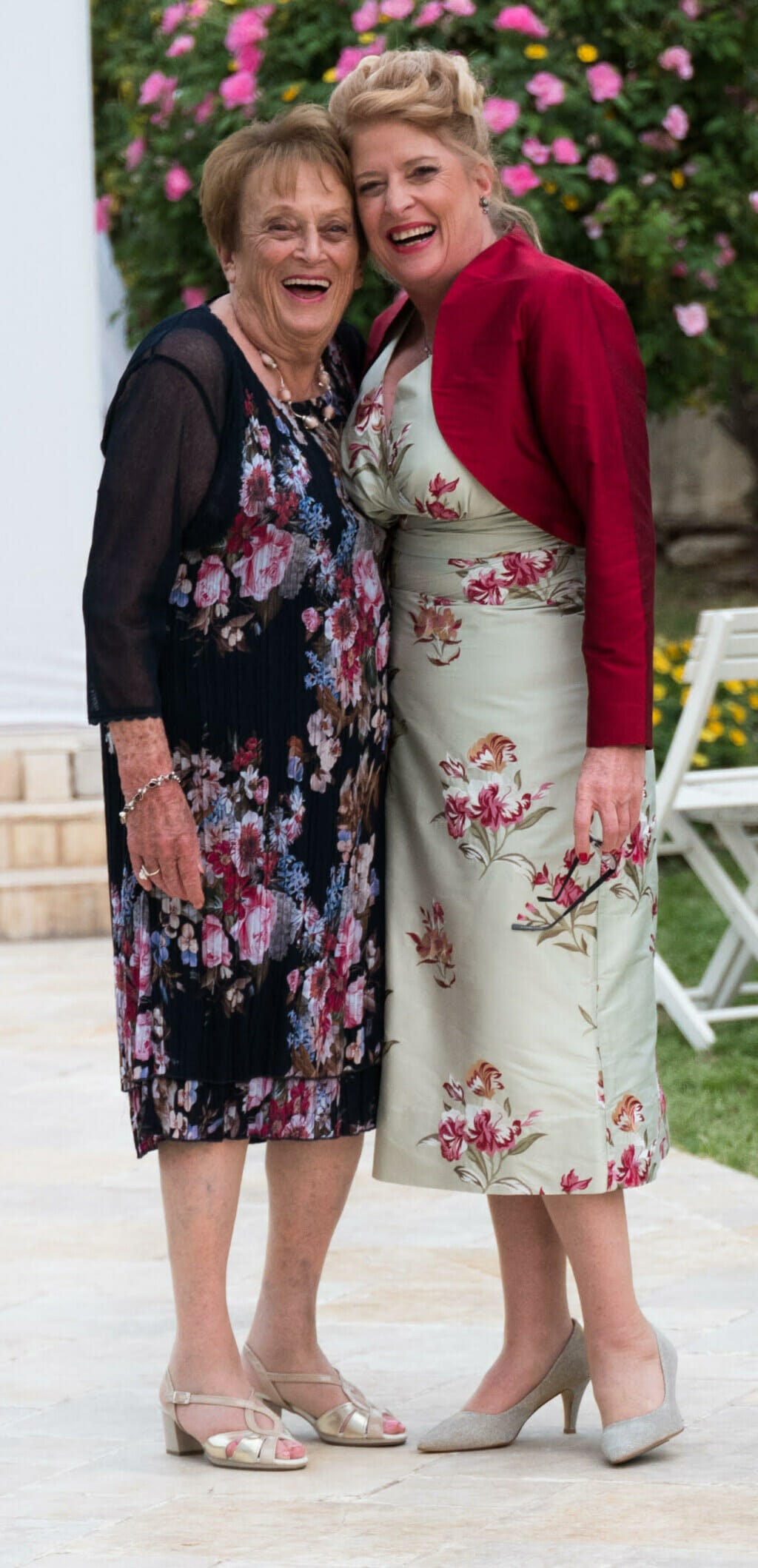
The book speaks to the importance of family and community, and especially to the idea of selfless service. What were some of the ways your mother served the communities she belonged to?
My mother felt incredibly lucky to be in New Zealand. She says in the book, “When Simon was still a baby, on 23 November 1960, I became a New Zealand citizen. Citizenship seems like a natural thing to do. I didn’t become a citizen for a passport but because I felt secure and wanted to show my commitment to the country.” She was totally committed to New Zealand wanted to pay back what she and her family had gained by being in New Zealand.
When you look back it started as volunteering for things at Plunket and at our kindy and schools. But as her confidence grew, she took on bigger roles – leading and growing the Arthritis Foundation, becoming the president of ZONTA and of course the Holocaust Centre of New Zealand, for which she was the founding director.
My father also had a comitment to service. Together they would often have fundraisers, using Dad’s photography. So for instance, when Dad died, the photos from his last flight were enlarged and sold to fund the newly created Lifeflight Trust and to create the Ronald Woolf Memorial Trust to benefit young photographers.
That ethos of service ran deeply in my family and has been passed on to my brother Simon and myself. We both find time to volunteer – it’s really in the blood. We need to pay back to the country that has given us so much.
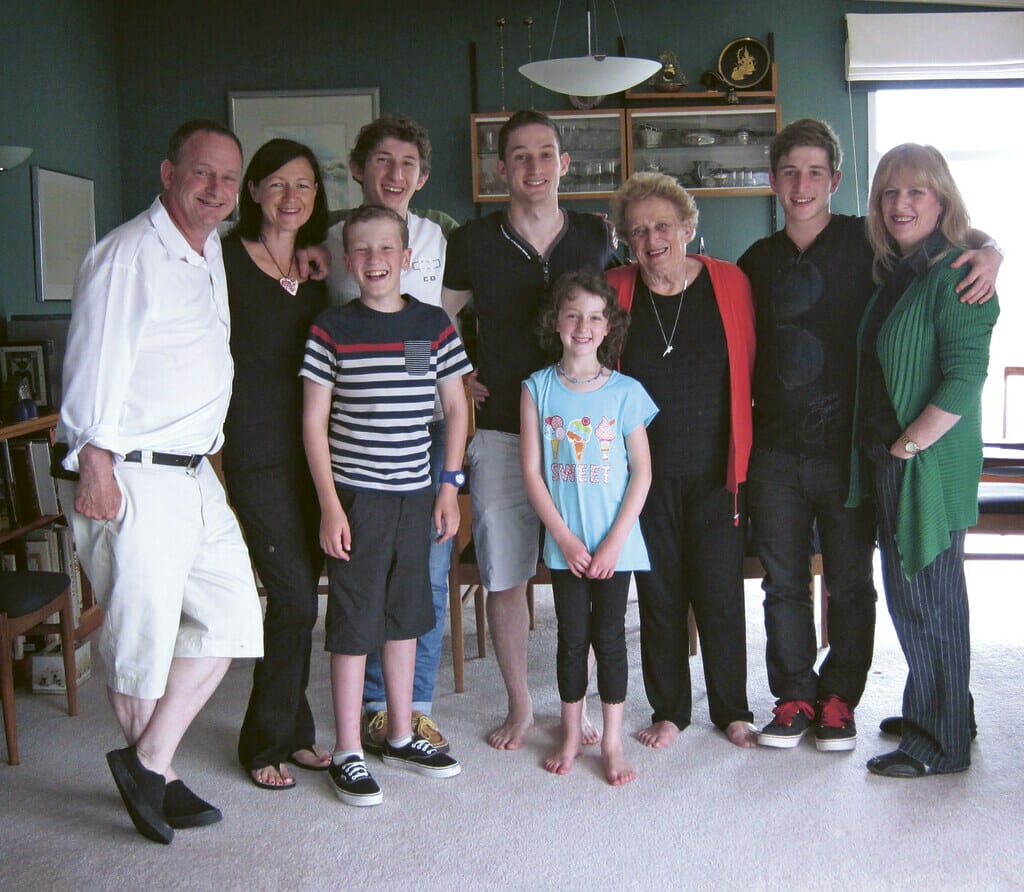
This memoir is quite literally a story of survival and triumph. Aside from learning about your mother’s truly remarkable life, what lessons does the book hold for readers which may help them at difficult times?
Mum’s book is inspirational I think. She called it “Resilience”. She knew the value of facing forward and getting on with life as best as you can, not to forget the past, but to focus on the future and what is doable. She used to say often that you make your own happiness. She meant that you personally had the responsibility to make the best of life, whatever hurdles were put in your way. Her life really was the living expression of the power of resilience.
It is helpful to look at others who have had enormous challenges and overcame them – people like my mother. It gives me great strength when I have to face my own challenges and I think others find it helpful too. I also think my mother’s life is testament to believing in yourself. Mum created so much by this self-belief.
On Mothers’ Day I will miss my Mum. But I am also so thankful for the loving and wonderful mother I had who taught me about self-belief, gratitude and resilience. It is quite a legacy.

